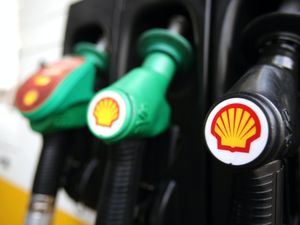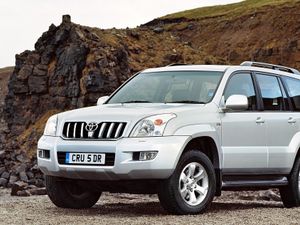What are premium fuels and are they worth it?
You might see premium fuels offered at many petrol stations – but why do they cost more and what do they do?

There’s a good chance that when filling up you’ve seen premium fuels on offer. They’re often more expensive than ‘regular’ petrol and diesel, commanding more pence per litre with the promise of better efficiency – among other things.
But the question is, are premium fuels really worth it? And what do they actually do? Let’s take a look.
So just what are premium fuels?
So-called premium fuels promise better engine response, smoother running, lower emissions and improved fuel economy. When it comes to petrol, premium options deliver a higher octane rating. Whereas regular unleaded has an octane rating of 95 in the UK, super unleaded increases this to between 98 and 100. This higher rating unlocks the engine’s full potential and allows it to run more effectively.
Many petrol retailers offer premium fuels. There’s Shell V-Power, BP Ultimate and Esso Synergy Supreme, for example.
Diesel, meanwhile, features a higher cetane rating in premium versions compared to standard ones. It means that the fuel ignites quicker when subjected to pressure in the engine.
So what do they promise?

>
Premium unleaded is said to have an effect on throttle response, engine smoothness and emissions, too. They’re mostly pitched towards use in performance cars, as more highly tuned engines react more favourably to higher-octane fuels. There’s a good chance you’ll notice that the powertrain responds more keenly to throttle inputs when it’s using premium fuel.
Premium diesel, meanwhile, can’t have too much of an effect on engine responses but does promise cleaner running with fewer particulates being emitted through the exhaust.
Should I run my car on premium fuels the whole time?

>
It depends. If you’ve got a high-end sports or performance car, then you’ll likely notice the switch to premium fuel. That’ll particularly be the case when it comes to longer trips, where the fuel has more opportunity to work through the engine’s system.
Diesel owners will most likely see the benefit of premium fuel if they’ve been struggling with a sooty engine. These fuels can do well to ‘clean’ the engine of any deposits left over, so if you’re trying to rid your car of any sooty emissions from the tailpipe, then using a premium diesel could be a good option.
What is the price difference?

>
The difference between regular and super unleaded is quite large. In fact, at the time of writing petrol was at an average price of 114p a litre, while premium commanded 129p per litre. That’s quite the increase in price and will certainly make quite the difference over a whole tank of fuel.
In fact, if you filled up a regular family-sized car with regular fuel, a 55-litre tank would cost £62.70 to brim. Do the same with premium fuels, and you’ll have to stump up £70.95 for the privilege.
Should I use premium fuels as a way of maintaining my car instead?
It’s a good idea. Rather than using a premium fuel each time you fill up, look at instead as a way of preserving the life of your engine. Perhaps prior to undertaking a longer journey fill up with super unleaded or premium diesel and allow it to effectively work through the engine.
By doing this, you allow these fuels to clean your engine. Over longer trips, your engine can properly warm up and clear any deposits. It’s a good technique to use prior to an MOT, too, when engines have to be at their cleanest in order to meet emissions tests.





